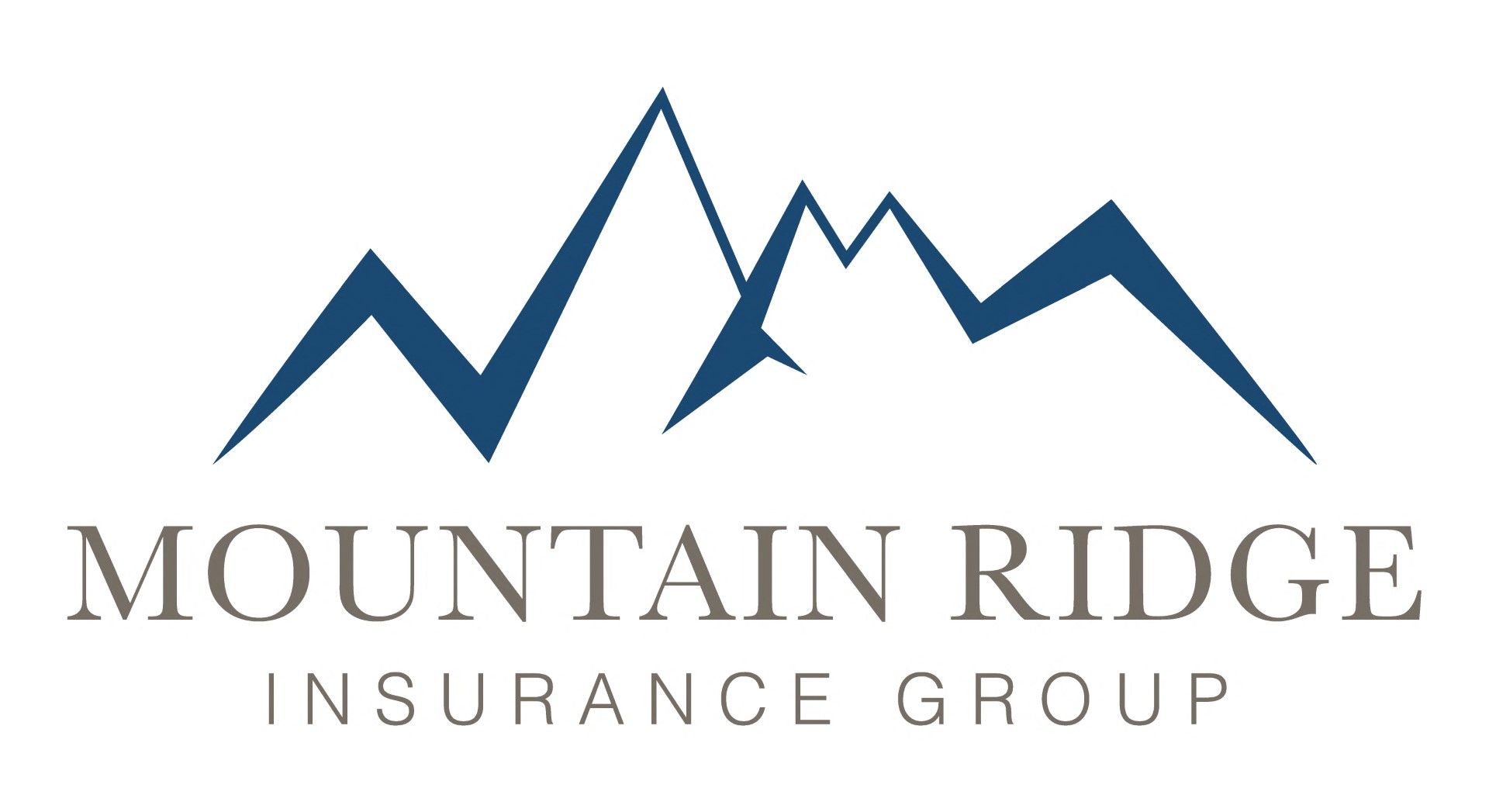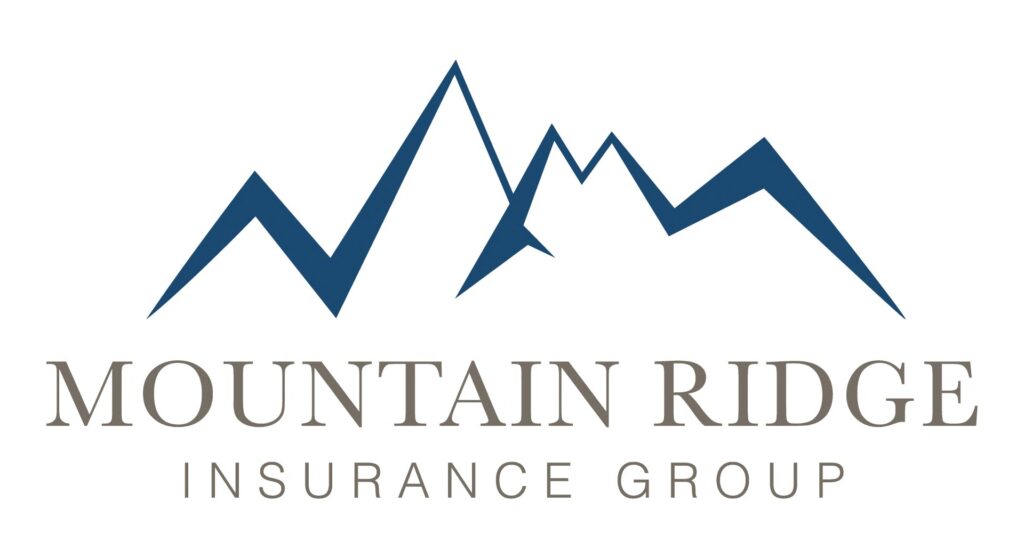If you’re a landscaper in Utah, you’re part of a thriving industry that transforms yards, enhances curb appeal, and keeps communities beautiful. From the arid plains of St. George to the mountainous terrains of Park City, Utah’s diverse geography offers endless opportunities for landscaping professionals. But with those opportunities come unique risks—risks that can threaten your business’s financial stability and reputation. That’s where landscapers insurance in Utah comes in, and at Mountain Ridge Insurance Group in Layton, UT, we’re here to help you safeguard your livelihood.

Why Landscapers Insurance in Utah Matters
Landscaping is more than just mowing lawns or planting flowers—it’s a physically demanding job that involves heavy equipment, unpredictable weather, and client property. Accidents can happen, even to the most careful professionals. Without proper insurance, a single mishap could cost you thousands or even force you to close your doors. In Utah, where environmental factors like wildfires, snowstorms, and dry summers add extra layers of complexity, having tailored insurance isn’t just smart—it’s essential.
Consider this: You’re trimming a tree in Ogden when a branch falls, damaging a client’s roof. Or maybe you’re installing an irrigation system in Salt Lake City and accidentally hit a water line, flooding a neighbor’s property. These scenarios aren’t far-fetched—they’re real risks landscapers face daily. Without insurance, you’d be personally liable for repairs, legal fees, or medical bills if someone gets hurt. Landscapers insurance protects you from these unexpected costs, giving you peace of mind to focus on growing your business.
Key Risks Utah Landscapers Face

Utah’s unique landscape and climate create specific challenges for landscapers. Here are some common risks that highlight the need for comprehensive coverage:
- Property Damage: A lawnmower flings a rock through a client’s window, or a backhoe damages a driveway. General liability insurance covers these third-party property damage claims, which can easily run into the thousands.
- Bodily Injury: A passerby trips over your equipment, or a client slips on a wet patch from your sprinkler installation. Liability coverage steps in to handle medical costs or lawsuits.
- Equipment Loss: Utah’s weather—think summer heat or winter snow—can wear down tools, while theft is a risk on job sites. Equipment coverage ensures you can replace stolen or damaged gear without breaking the bank.
- Environmental Hazards: Applying pesticides in Cedar City or digging near utility lines in Provo can lead to pollution claims or costly repairs. Specialized policies like pollution liability can cover these incidents.
- Employee Injuries: If you have a crew, a worker could get hurt lifting heavy sod or operating a trimmer. Workers’ compensation insurance, required in Utah for businesses with employees, covers medical bills and lost wages.
These risks aren’t hypothetical—they’re part of the job. A 2023 study by the National Association of Landscape Professionals found that 60% of landscaping businesses face at least one liability claim annually. In Utah, where construction and home improvement are booming, the demand for landscapers is high—but so is the potential for something to go wrong.
The Benefits of Landscapers Insurance in Utah
At Mountain Ridge Insurance Group, we understand that every landscaping business is unique. That’s why we tailor insurance solutions to fit your needs, whether you’re a solo operator or managing a team. Here’s how landscapers insurance in Utah benefits professionals:
- Financial Protection: One lawsuit or major repair bill could wipe out your savings. Insurance covers these costs, keeping your business afloat.
- Client Confidence: Clients in Layton, Logan, or Lehi want to hire insured landscapers. It shows you’re professional and prepared, giving you an edge over competitors.
- Legal Compliance: Utah requires general liability insurance for many contractor licenses and workers’ compensation if you have employees. Staying compliant avoids fines and keeps you eligible for jobs.
- Peace of Mind: With coverage in place, you can focus on perfecting that xeriscape or designing a stunning patio instead of worrying about “what ifs.”
Types of Coverage Landscapers Need
Not all insurance is created equal. At Mountain Ridge, we recommend a mix of policies to fully protect your Utah landscaping business:
- General Liability Insurance: Covers third-party property damage, bodily injury, and advertising injuries (like a slander claim). It’s the foundation of any landscaper’s policy.
- Commercial Auto Insurance: If you use trucks or trailers to haul equipment across Davis County or beyond, this covers accidents, theft, or damage.
- Workers’ Compensation: Mandatory for employers in Utah, it protects your team from work-related injuries—crucial for a hands-on trade like landscaping.
- Tools and Equipment Coverage: Replaces stolen or damaged gear, from mowers to pruning shears, so you’re not out of pocket.
- Professional Liability (E&O): If a design flaw—like a retaining wall that collapses—leads to client losses, this covers legal fees and damages.
- Business Owners Policy (BOP): Bundles liability and property coverage for a cost-effective solution, ideal for landscapers with an office or storage space.
Why Utah Landscapers Choose Mountain Ridge Insurance Group
Based in Layton, we’re not just another insurance provider—we’re your local partner. Utah’s landscaping industry is growing, with the state’s population booming and new businesses sprouting up. We know the local market, from the needs of Wasatch Front contractors to the challenges of rural southern Utah. As an independent agency, we shop multiple carriers to find you the best rates and coverage, saving you time and money.
Our team at Mountain Ridge has seen it all—claims from snow removal mishaps in winter to wildfire-related losses in summer. We’ll craft a policy that fits your budget and risks, whether you’re a seasonal operator or a year-round crew. Plus, our free quote process is fast and easy—contact us today to get started.

Real-World Example: Insurance in Action
Imagine you’re a landscaper in Kaysville, hired to install a stone walkway. During the job, your excavator nicks a gas line, causing a small leak and a $10,000 repair bill. Without insurance, that’s on you. With a general liability policy from Mountain Ridge, the claim is covered, and you avoid a financial disaster. This isn’t just a “what if”—it’s the kind of scenario we’ve helped Utah clients navigate.
Take the Next Step
Running a landscaping business in Utah is rewarding, but it’s not without risks. Don’t let an accident or lawsuit derail your hard work. Landscapers insurance is your safety net, and Mountain Ridge Insurance Group is here to make it simple and affordable. Based in Layton, we’re proud to serve landscapers across Utah, from St. George to Logan. Contact us today for a free quote and let’s protect your business—because your success is our priority.



















